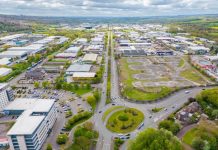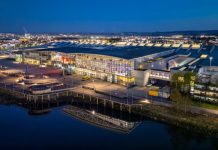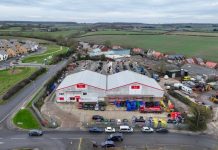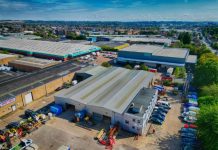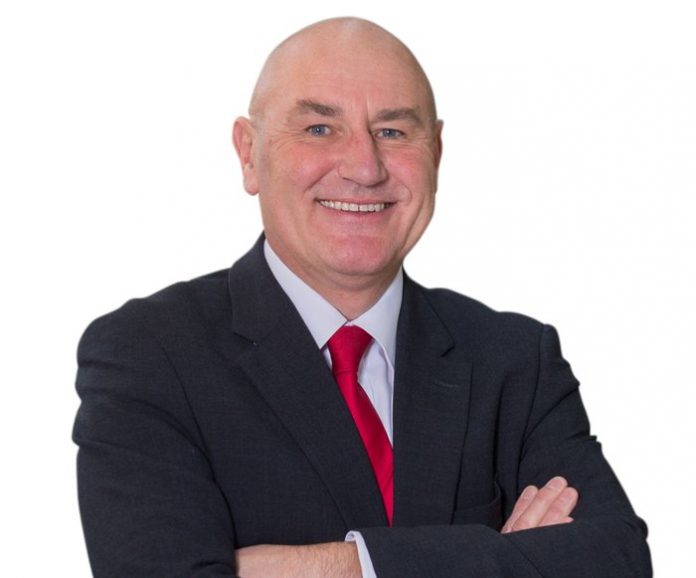A golden opportunity to attract investment into a city centre Bristol Arena is in danger of being missed when Marvin Rees attends the world’s leading property market in Cannes, according to a commercial property expert.
The Bristol Mayor will be among a team attending international property event MIPIM (Marché International des Professionnels de l’immobilier) between March 13 and 16 to ‘showcase the city’s major regeneration and development opportunities’.
However, the head of the South West and Wales for global real estate advisor Colliers International has expressed concern that details released so far about the schemes the Mayor will highlight to potential investors in Cannes have not specifically mentioned Bristol’s Arena project which was put on hold because of cost concerns.
Tim Davies, who has more than 30 years’ experience in commercial property and is a veteran of MIPIM events, said: “The focus at MIPIM is on property investment, so it is a golden opportunity to attract new funding into the stalled Bristol Arena project on Arena Island and provide a solution to concerns about costs.
“In my experience this is the sort of project that could be of interest to investors as the fundamentals are already in place, so I’m very concerned that this opportunity might be missed as it is not among the Bristol schemes mentioned for showcasing at Cannes.
“I am genuinely baffled as to why instead the focus appears to be on attracting investment to the surrounding Temple Quarter Enterprise Zone, which is already well-promoted through the West of England Local Enterprise Partnership and Invest Bristol and Bath, and also investment for developing housing around the Cumberland Basin, which has a potential flooding risk in part of the area.
“This seems set to be a repeat of what happened last year when Bristol’s mayor, Marvin Rees, met prospective investors in Malaysia and China and the Bristol Arena was noticeable by its absence from the prospectus he presented.”
Long-term projects such as a mass transit system, which could include an underground, will also be outlined to investors by the Mayor and representatives from Bristol City Council.
Mr Davies said: “Investors are only really interested in ‘oven-ready’ opportunities, so the Arena project fits the bill. They will not, however, be interested in pipe dreams which may or may not happen at some point in the distant future.”
Concerns about escalating costs led to work on building a 12,000 seat Bristol Arena at Arena Island in the city centre being halted last year, and the new dimension was brought into the situation when the former Brabazon hangar in Filton was put forward by developers as an alternative site for an arena. Councillors are to make a decision in April on where the arena should be built.
It has been estimated that a Bristol Arena would provide a £150 million boost to the regional economy, including some 1,000 gross direct and indirect jobs.
It was originally expected that a Bristol Arena in the city centre would cost £59 million, but that figure has since risen to an estimated £94 million, or £123.5 million if associated infrastructure is taken into account.
However, Mr Davies pointed out that such cost increases are not unusual in major construction projects and were usually the result of inflation caused by delays to the timescale originally planned.
“The Bristol Arena project has been beset by delays and procrastination, apart from the period when George Ferguson was Mayor, and demonstrated what could be achieved when the political will was there,” he said.




